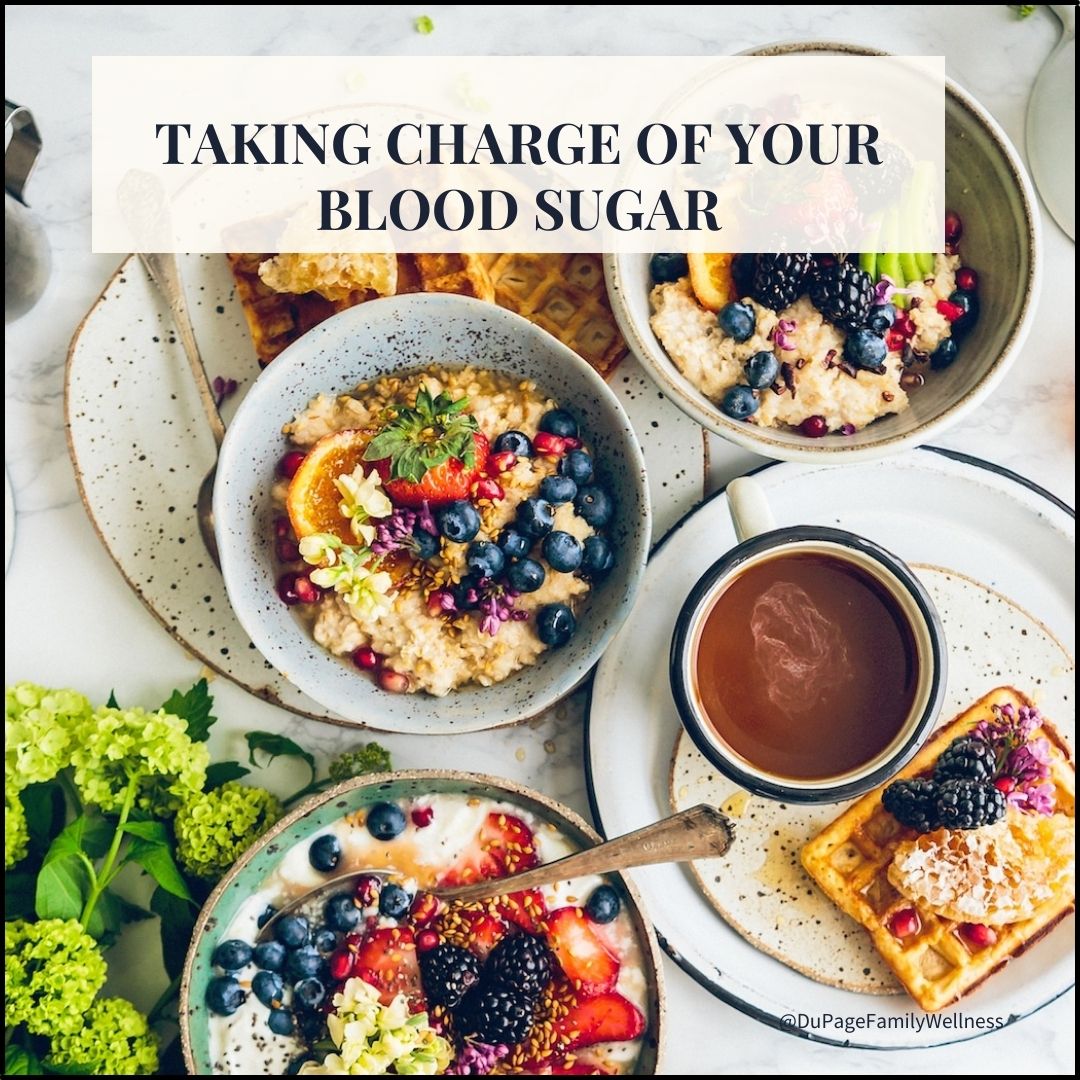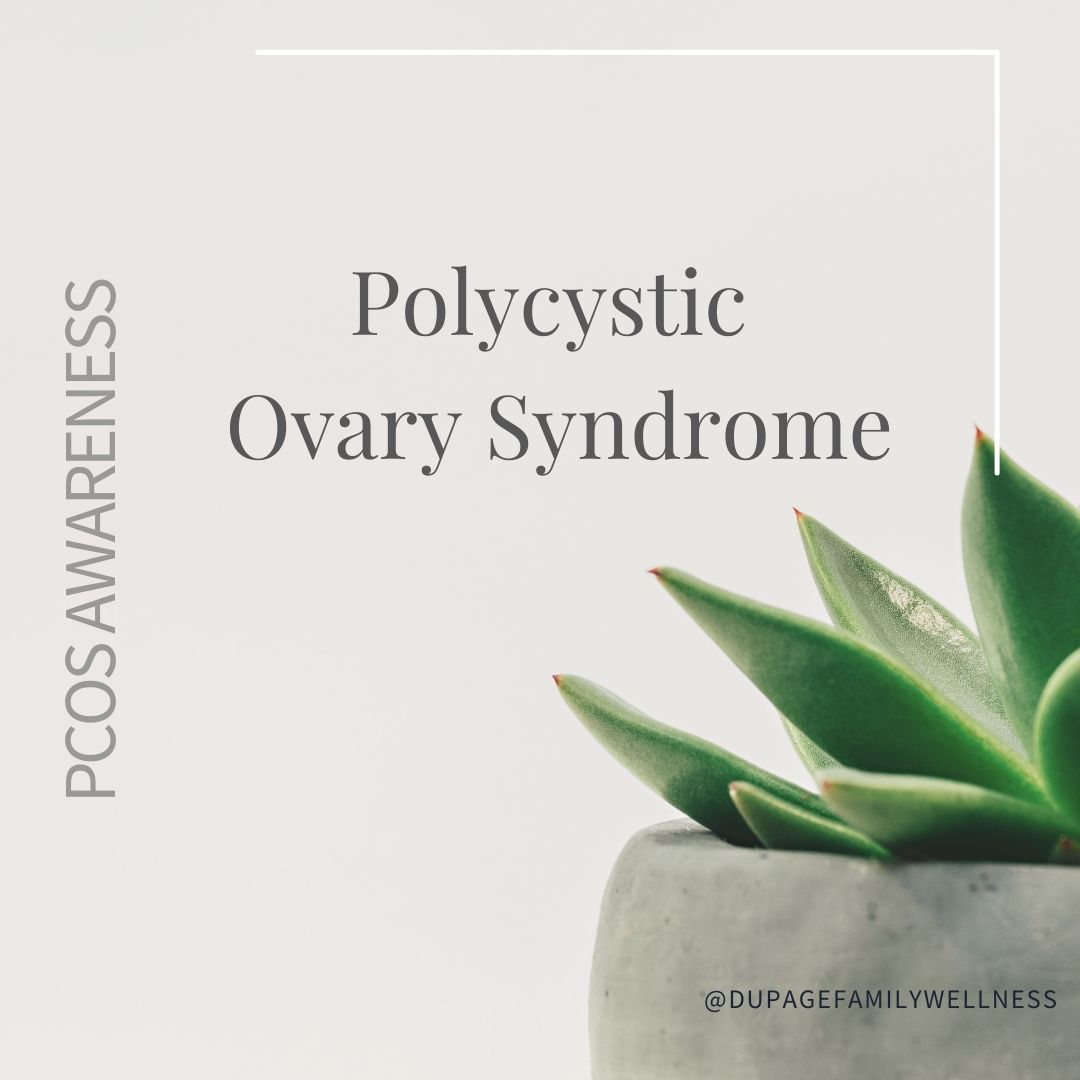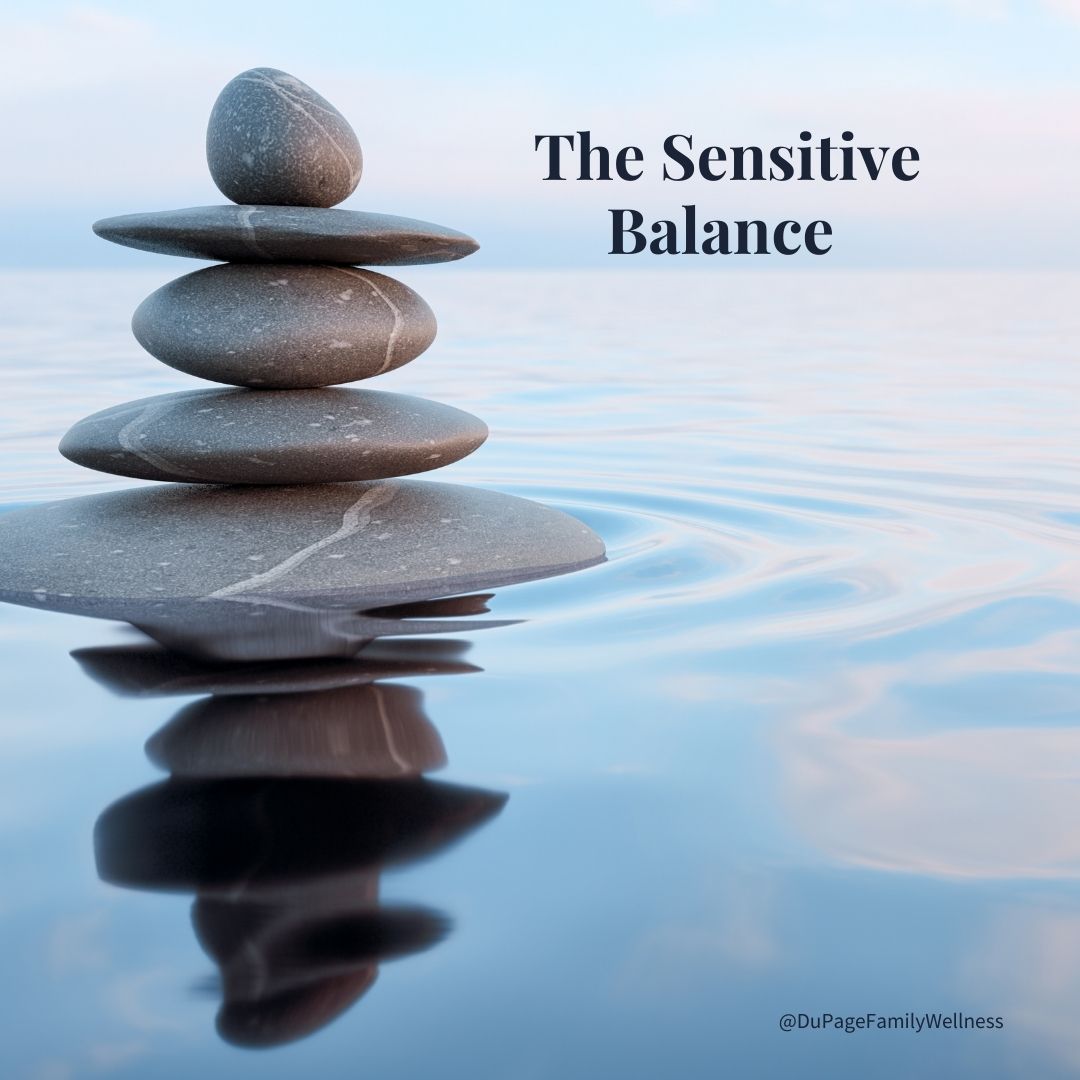 Working with your body instead of against it is important for your emotional and physical health!
Working with your body instead of against it is important for your emotional and physical health!
When you understand the way your body works, you are more able to give it what it needs. Supporting your body and the systems in your body will allow them to function more efficiently.
Let’s take a look at the way our nervous system is wired to handle stress, so that we know how to support it and stay regulated in these trying times!
A Regulated Nervous System
The nervous system is a remarkable communication network that relays messages between the brain and the rest of your body. Your sympathetic and parasympathetic nervous systems are designed to work together to keep you safe.
Simply speaking, the body goes into a sympathetic state when there is danger. Stress hormones such as cortisol and adrenaline are released, and your body goes into fight or flight mode. This is a protective measure designed to give you the best chance of survival in dangerous situations.
A well regulated nervous system will settle once the danger is over. The parasympathetic nervous system will be activated. Heart rate, blood pressure, and blood sugar begin to normalize. This is often referred to as the “rest-and-digest” state of being and is where healing takes place.
Chronic Stress
In today’s world the dangers we face are not always clear. Our nervous system often registers chronic stress as a danger. This can include things such as stress at work, relationship trouble, financial concerns, loneliness, and our world's current crisis.
Chronic stress can leave us with a dysregulated nervous system, leaving us stuck in a fight or flight response. While these stress responses are beneficial temporarily during a time of crisis, we were not meant to stay in them long.
Managing Stress
Reducing the amount of stress and increasing your capacity to handle unavoidable stress, can help regulate your nervous system so you can stay balanced. Here are some helpful ways to handle stress.
- Self-Care - Establishing good self-care routines is extremely important. Each person will be different based on personality, circumstance, and values. The important thing is to choose things that are life-giving and enjoyable for you each day.
- Grounding techniques - To ground yourself, simply bring awareness back to the present moment by using your senses. It is extremely helpful in dealing with stress since most of our worry is about things in the past or things yet to come.
Read more ...
 Getting a good breakfast is a struggle for most people, but when you take a look at the research you will find just how important that first meal is. A solid breakfast will set you up for steady blood sugar and set you up to make good choices throughout the day!
Getting a good breakfast is a struggle for most people, but when you take a look at the research you will find just how important that first meal is. A solid breakfast will set you up for steady blood sugar and set you up to make good choices throughout the day!
Let’s take a quick look at the research and then talk about what you should be eating for breakfast and why.
A Bigger Breakfast
A research study divided women into 2 groups. Both groups were on a reduced calorie diet of about 1400 calories. The first group had 700 calories at breakfast, 500 at lunch, and 200 at dinner. The second ate 200 at breakfast, 500 at lunch, and 700 calorie at dinner time.
The Big Breakfast Group
- Had greater reductions in fasting glucose
- Had greater reductions in fasting insulin
- Lost more weight
- Lost more inches at waist
- Greater decreases in triglycerides
- Had lower hunger scores
- Had higher satiety scores
This study was on overweight and obese women, but other research shows similar benefits.
Big Breakfast for Women with PCOS
Another study found that lean women with Polycystic Ovary Syndrome (PCOS) benefited from a high-calorie breakfast as well.
In lean women with PCOS, a high caloric intake at breakfast with reduced intake at dinner results in improved insulin sensitivity and reduced cytochrome P450c17α activity, which ameliorates hyperandrogenism (acne, hair growth in a male pattern, hair loss on the head) and improves ovulation rate.
These findings indicate that meal timing and distribution should be considered as a therapeutic option for women with PCOS.
What to eat for Breakfast
When preparing your big breakfast, it is really important to focus on protein, fat, fiber, and minimal (if any) carbs. This last part about the carbs, is especially important if you have PCOS, insulin resistance, or type 2 diabetes. An ideal breakfast will have about 25-30 grams of protein or a serving about the size of the palm of your hand. It will also have one serving of fat about the size of your thumb. The fiber would be your veggies! I am a big fan of getting a variety of vegetables in throughout the day starting at breakfast! If you do want some carbs, feel free to have some berries or non-starchy vegetables. (If you don't have a blood sugar issue, eating some starchy veggies or grains along with your protein and fat can work).
Read more ...
 Polycystic Ovary Syndrome (PCOS) is a hormonal disorder that affects as many as 5-7 million women of reproductive age in the US alone. This is 10% of all reproductive-aged women! Over half of these remain undiagnosed. With that many women affected it seems like this disorder should be well known and understood!
Polycystic Ovary Syndrome (PCOS) is a hormonal disorder that affects as many as 5-7 million women of reproductive age in the US alone. This is 10% of all reproductive-aged women! Over half of these remain undiagnosed. With that many women affected it seems like this disorder should be well known and understood!
Unfortunately, many people have never heard of PCOS, and women often go undiagnosed each year. To combat this the National Polycystic Ovary Syndrome Association developed World PCOS Day of Unity and declared September PCOS Awareness Month.
If you follow us on social media, you will notice that the whole month of September will be devoted to PCOS awareness month. Our goal is to reach as many of these women as possible and to let them know that when they get to the root cause of their hormones, they can actually reverse many or all of their symptoms.
Even if you don't think that this is you, I encourage you to learn about it.... because I'd be willing to bet that you know at least 1 woman who is suffering from these symptoms without any idea that there are simple changes she can make to help!
What is PCOS?
According to Mayo clinic, PCOS is a “hormonal disorder common among women of reproductive age. Women with PCOS may have infrequent or prolonged menstrual periods or excess male hormone (androgen) levels.”
The androgen hormones can also cause weight gain (especially around the middle), acne, hair loss (on the head), as well as excessive hair growth on the face and body. The high androgen levels also make the ovaries develop numerous small follicles which fail to regularly release eggs. This is why PCOS is one of the leading causes of infertility! Women with PCOS can have just 1, or several of the above symptoms.
Does this sound familiar, but you are past your childbearing years? According to the Center for Disease Control (CDC), “This lifelong health condition continues far beyond the child-bearing years.”
Read more ...
 In our fast paced society, many of us have lost the ability to simply be present in our bodies. We go through our days following our schedules, and to-do-lists, never really noticing what is going on inside.
In our fast paced society, many of us have lost the ability to simply be present in our bodies. We go through our days following our schedules, and to-do-lists, never really noticing what is going on inside.
From an early age many of us have unintentionally been taught to ignore our body’s sensations. While it can be convenient to disregard these sensations at times, if we consistently disregard what our body is telling us, there may be a price to pay!
Let’s look at this issue and reevaluate the importance of listening to our bodies!
How We Learn to Ignore Our Bodies
Most of us have been taught, in subtle ways, to ignore our body since we were very young. These messages were often given by well intentioned adults over the course of our lives. Some examples of these messages include:
- Having to wait until mealtimes to eat.
- Being required to clean your plate.
- Waiting to go to the bathroom until between classes.
- Being taught to hold back when you have to pass gas or burp.
- Having our feelings minimized, dismissed, or punished.
- Being pushed to keep going when we were tired and needed to rest.
Not all of these lessons are bad. Sometimes we cannot satisfy our bodily needs immediately, however it can be damaging when we learn to ignore them all the time.
What About Learning Self Control?
We all realize that we can’t act on our bodily sensations all the time. If you are in an important meeting it would be inappropriate to grab a snack, go to the bathroom, or loudly burp. But what if there is a way to honor both the body and social norms.
Ideally, we would recognize the messages that our body sends and then choose how to act on them. We don’t need to follow these sensations impulsively, but it is important to recognize them and consciously choose our response.
Read more ...
 Have you been enjoying a glass of wine in the evening? Do you enjoy a cocktail with your friends on occasion?
Have you been enjoying a glass of wine in the evening? Do you enjoy a cocktail with your friends on occasion?
Many of us have come to rely on a drink to help us wind down or have fun with friends. And while there is nothing wrong with an occasional drink, it is important to understand the effects it has on the body, especially in regards to our hormones.
What Are Hormones?
Hormones are chemical messengers within the body that are secreted by glands in the endocrine system. These messengers tell the tissue and organs in the body what to do. The proper balance of hormones is crucial for both physical and mental health.
When something happens to make one hormone increase the other hormones are affected. It's like a delicate dance with some hormones following another's lead.
Alcohol and Hormones?
Alcohol is thought to have a complicated relationship with the balance of hormones within the body. Let’s take a look at some of the ways moderate alcohol impacts this system.
- Estrogen - Alcohol has been found to raise the level of estrogen in the body. There are a few ways that this may happen, but let’s take a look at one of the mechanisms in which this happens. Both alcohol and estrogen are processed in the liver. When the liver is busy handling alcohol, it prevents the liver from detoxing estrogen as efficiently. This results in a buildup of estrogen in the system.
Read more ...
 Working with your body instead of against it is important for your emotional and physical health!
Working with your body instead of against it is important for your emotional and physical health!

 Getting a good breakfast is a struggle for most people, but when you take a look at the research you will find just how important that first meal is. A solid breakfast will set you up for steady blood sugar and set you up to make good choices throughout the day!
Getting a good breakfast is a struggle for most people, but when you take a look at the research you will find just how important that first meal is. A solid breakfast will set you up for steady blood sugar and set you up to make good choices throughout the day! Polycystic Ovary Syndrome (PCOS) is a hormonal disorder that affects as many as 5-7 million women of reproductive age in the US alone. This is 10% of all reproductive-aged women! Over half of these remain undiagnosed. With that many women affected it seems like this disorder should be well known and understood!
Polycystic Ovary Syndrome (PCOS) is a hormonal disorder that affects as many as 5-7 million women of reproductive age in the US alone. This is 10% of all reproductive-aged women! Over half of these remain undiagnosed. With that many women affected it seems like this disorder should be well known and understood! In our fast paced society, many of us have lost the ability to simply be present in our bodies. We go through our days following our schedules, and to-do-lists, never really noticing what is going on inside.
In our fast paced society, many of us have lost the ability to simply be present in our bodies. We go through our days following our schedules, and to-do-lists, never really noticing what is going on inside.  Have you been enjoying a glass of wine in the evening? Do you enjoy a cocktail with your friends on occasion?
Have you been enjoying a glass of wine in the evening? Do you enjoy a cocktail with your friends on occasion? 